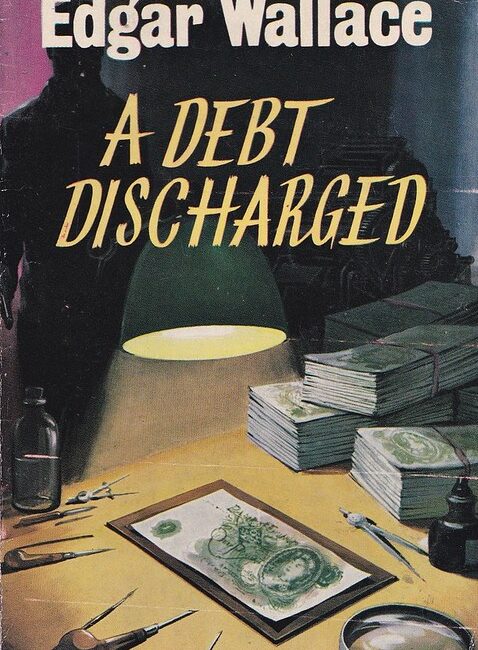Some people mistakenly believe that after they file for bankruptcy, their debts are wiped clean and they get a completely fresh start. Unfortunately, the federal bankruptcy code is not that kind. If you file for Chapter 7 bankruptcy, the majority of your debt will be cleared away, but there are some debts that are “nondischargeable.” This means they stay with you even after your bankruptcy is filed and done.
Types of Nondischargeable Debt
The Bankruptcy Code lists 19 categories of nondischargeable debt. These types of debts do not require a court hearing to determine whether or not they will be dischargeable. The burden is on the debtor to show extraordinary circumstances in order to convince a court to discharge on the debts listed below. Here is a sample:
- Student loans
- Child support and alimony
- Debts from a civil judgment related to drunk driving
- Debts which are the result of fraud or criminal acts
No Right to a Debt Discharge
When you file for Chapter 7 bankruptcy, it is important to keep in mind that you do not have an absolute right to a discharge of any debt. In order to receive a discharge, you must follow the provisions set forth in the Bankruptcy Code.

For example, Section 727(a) of the Bankruptcy Code outlines a list of reasons why the court may deny a Chapter 7 discharge. Basically, this Section states that if you fail to follow the express rules and regulations, or do not provide the necessary information, then a creditor, bankruptcy trustee, or the U.S. trustee may object to your Chapter 7 discharge. If the court agrees, it can deny your debt discharge outright. This is a big reason why it is important for you to have an experienced Florida bankruptcy attorney by your side to help you navigate through the Chapter 7 bankruptcy process. Even an inadvertent mistake or a set of missing documents can torpedo a debt discharge.
Debts Are Not Dischargeable if a Creditor Successfully Objects
Along with near de facto nondischargeable debts like alimony and child support, there are other types of debts not automatically excepted from discharge that will need a court hearing to determine dischargeability. The burden is on a creditor to request a hearing so a judge can examine the debts and determine if they are dischargeable or not.
The types of debts subject to this type of hearing are usually those that were accrued shortly before you filed for bankruptcy. For example, if you purchased “luxury goods” via credit card totaling more than $650 within 90 days of filing for bankruptcy, the credit card company can challenge the dischargeability of this debt. The reason is that public policy wants to limit the risk that someone will go out and make lavish purchases just prior to filing for bankruptcy. The burden is on the creditor to present the facts to the court. If you prove that you intended to pay the charges back or that the goods are not “luxury” items, then the debt will likely be discharged.
The same discharge challenge can be made for cash advances totaling more than $925 within 70 days of filing for bankruptcy.
Speak to a Florida Bankruptcy Lawyer Today
As you can see, filing for bankruptcy is not a cakewalk to a fresh start with debts taken off your back. Once you file for bankruptcy, you have to navigate a complicated maze of regulations and laws embedded in the bankruptcy code. Speak to the experienced bankruptcy attorneys at Hoffman, Larin & Agnetti, PA. The firm offers free, confidential consultations so that you have nothing to lose.

